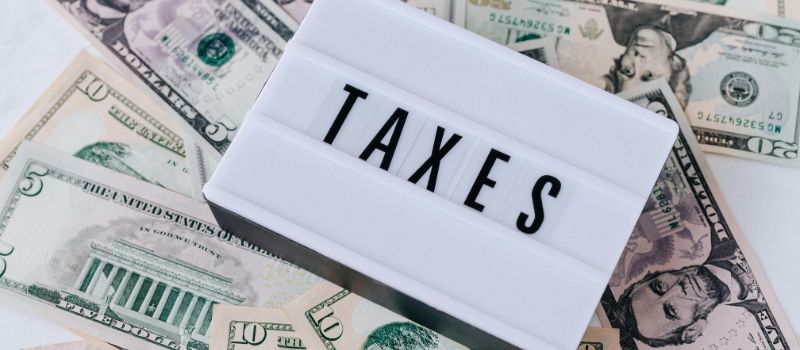Chicago, Illinois: Cigarette Sales Tax
Expanded Definition of “Cigarette” (Effective July 1, 2012)
Beginning July 1, 2012, the definition of “cigarette” was expanded to include:
“Any roll for smoking made wholly or in part of tobacco labeled as anything other than a cigarette or not bearing a label”, if it meets two or more of the following criteria:
- The product is sold in packs similar to cigarettes (i.e., packs of 20/25)
- The product is available for sale in cartons of ten packs
- The product is sold in soft packs, hard packs, flip-top boxes, clam shells, or other cigarette-type boxes
- The product is of a length and diameter similar to commercially-manufactured cigarettes (i.e., 125 millimeters or less in length and 10 millimeters or less in diameter)
- The product has a cellulose acetate or other integrated filter
- The product is marketed or advertised to consumers as a cigarette or cigarette substitute
- Any other evidence that the product fits within the definition of cigarette
Taxation Overview

Cigarette Tax Act
- Imposes a tax on the occupation of selling cigarettes at retail
- Licensed distributors prepay the tax by purchasing stamps affixed to each cigarette package
- Distributors collect the tax from retailers at or before the time of sale
- Retailers pass the tax to consumers within the cigarette sale price
Cigarette Use Tax Act
- Imposes a tax on the privilege of using cigarettes in Illinois
- Duplicates provisions of the Cigarette Tax Act
NOTE: Tobacco products other than cigarettes are also taxed
Some tobacco products previously taxed under the Tobacco Products Tax Act now meet the new “cigarette” definition and are taxed under the Cigarette Tax Act and Cigarette Use Tax Act, effective July 1, 2012
Allowable Deductions

The following deductions are allowed:
- Sales out-of-state
- Cigarettes returned to manufacturers
- Cigarettes lost through fire, theft, etc., with proper documentation
- Sales to residents incarcerated in penal institutions or state-operated mental health facility patients (produced through a correctional industries program)
- Sales to U.S. military personnel through officially recognized agencies on military bases
- Direct sales to U.S. veteran’s hospitals
Licensing of Secondary Distributors
Secondary distributors must be licensed
A secondary distributor is defined as:
Any person engaged in the business of selling cigarettes who:
- Purchases stamped original packages from a licensed distributor under the Cigarette Tax Act or Cigarette Use Tax Act
- Sells 75% or more of those cigarettes to retailers for resale
- Maintains an established business with a substantial stock of cigarettes available for resale
Local Cigarette Taxes
- Cigarette taxes may exist in both home rule and non-home rule municipalities
- The Department of Revenue does not collect locally imposed cigarette taxes
Frequently Asked Questions
How does Illinois define a “cigarette” for tax purposes?
Illinois broadly defines a “cigarette” to include not only traditional cigarettes but also any tobacco roll meeting two or more specified criteria, such as packaging style, size, filters, or marketing that resembles cigarettes. This expanded definition took effect on July 1, 2012.
What taxes apply to cigarettes in Chicago, Illinois?
Cigarette sales in Chicago are subject to both the Cigarette Tax Act, which taxes the retail sale of cigarettes, and the Cigarette Use Tax Act, which taxes the use of cigarettes in Illinois. Taxes are typically prepaid by distributors through tax stamps and passed along to consumers in the retail price.
Are there any allowable deductions for cigarette taxes?
Yes. Illinois allows deductions for cigarettes sold out-of-state, returned to manufacturers, lost due to fire or theft (with documentation), sold to incarcerated individuals or mental health patients through state programs, sold on military bases, or directly to veterans’ hospitals.
Do secondary cigarette distributors need a special license?
Yes. Secondary distributors, defined as those who buy tax-stamped cigarettes from licensed distributors and resell at least 75% of them to retailers, must be licensed and maintain a substantial inventory for resale.
H3: Are there additional local cigarette taxes in Chicago?
Yes. In addition to state taxes, Chicago and other municipalities may impose their own cigarette taxes. These local taxes are not collected by the Illinois Department of Revenue and vary by jurisdiction.

